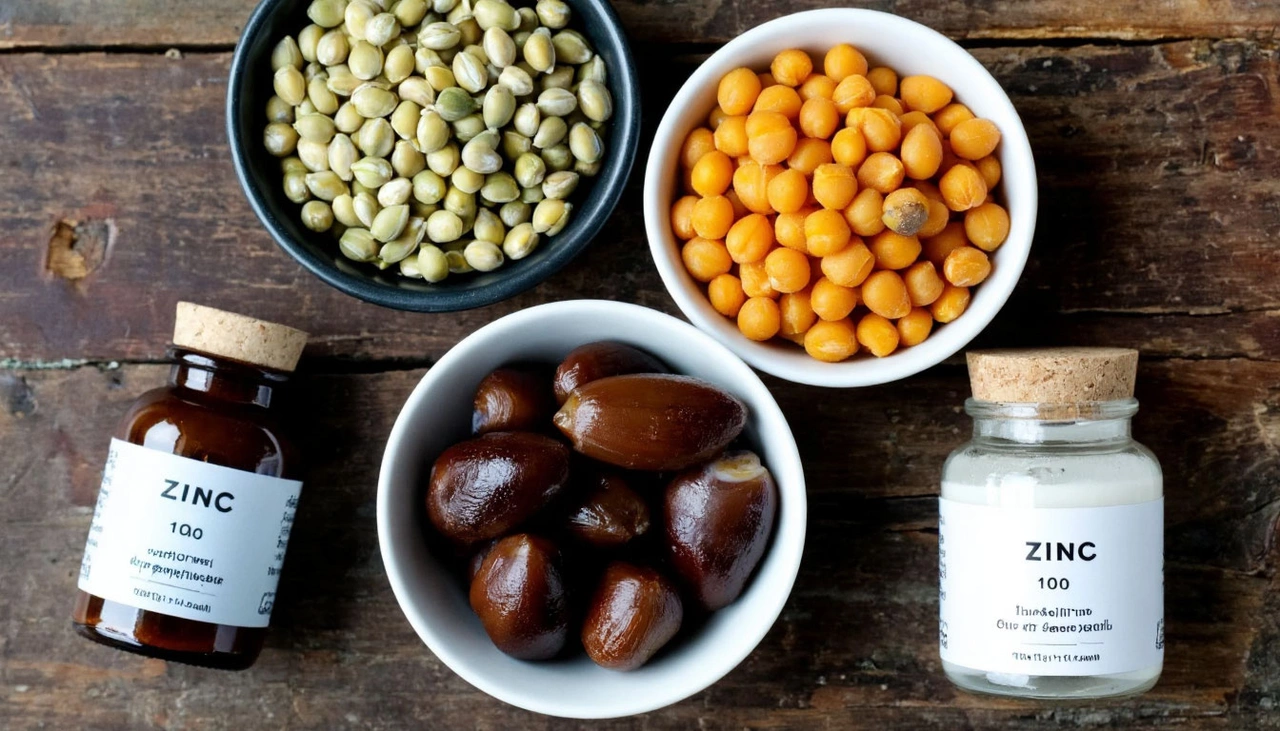🌿 Supercharge Your Immunity: How Vitamins C, D & Zinc Keep Your Body Strong 💪
🧠 What Powers Your Immune System?
Your immune system is your body’s frontline defense against viruses, bacteria, and other invaders. But like any army, it needs resources — and three of the most important ones are Vitamin C, Vitamin D, and Zinc. These nutrients play critical roles in cellular immunity, antioxidant defense, and the regulation of inflammation. Let’s dive into why you should be giving your immune system this daily support.
🍊 Vitamin C: The Immunity MVP
A daily essential for immune strength and resilience
Vitamin C is a water-soluble vitamin that your body cannot produce or store in large amounts. This means it must be consumed daily through food or supplements to maintain adequate levels. It supports both innate immunity (your body’s rapid, general defense) and adaptive immunity (the specialized response to familiar pathogens).
🧬 It helps white blood cells like neutrophils and lymphocytes perform more efficiently, clearing out harmful microbes while minimizing tissue damage.
🛡️ Vitamin C is also a powerful antioxidant, neutralizing free radicals that can damage immune cells and contribute to chronic inflammation.

🥦 Where to Get It?
Vitamin C is abundant in colorful fruits and vegetables. Oranges, kiwis, strawberries, bell peppers, spinach, broccoli, and sweet potatoes are all fantastic sources.
However, supplementing can be helpful — especially if you’re under stress, traveling, or recovering from illness. Look for well-absorbed forms like liposomal Vitamin C or buffered ascorbate for maximum effect.
☀️ Vitamin D: The Sunshine Vitamin for Immunity
Supports immune balance and inflammatory control
Unlike Vitamin C, Vitamin D is fat-soluble and behaves more like a hormone in the body. It’s involved in regulating calcium and phosphorus, but it’s equally vital for immune function.
🧬 Active Vitamin D influences how immune cells like T-cells and macrophages respond. It helps tone down excessive inflammation, which can cause more harm than good during infections.
🌬️ Studies show that people with low Vitamin D levels are more likely to suffer from respiratory infections, including colds and flu.

🐟 How to Get Enough?
Natural food sources of Vitamin D are limited. Fatty fish like salmon, mackerel, and sardines contain the most, along with egg yolks and liver. But the sun remains the most efficient way your body creates Vitamin D — though it depends on your skin tone, latitude, and sun exposure.
☁️ If you live in a cloudy region or wear sunscreen daily, supplementation is essential. Choose Vitamin D3 (cholecalciferol), the form your body uses best.
🔩 Zinc: The Quiet Warrior of Immune Defense
Small mineral, big impact on immunity
Zinc is a trace mineral — needed only in small amounts, but it plays an enormous role in immune function, wound healing, and cell division.
🧬 It helps immune cells grow, differentiate, and function properly. Even a mild deficiency can weaken your body’s ability to fend off infections.
⚖️ Zinc also regulates inflammatory responses and acts as an antioxidant, keeping immune reactions balanced and effective.

🥩 Where to Find Zinc?
Red meat, poultry, shellfish (especially oysters!), nuts, legumes, and seeds are good dietary sources. However, absorption from plant-based sources can be limited due to compounds like phytates. That’s why Zinc supplements, particularly in the form of zinc picolinate or gluconate, are often recommended for targeted immune support.
Close